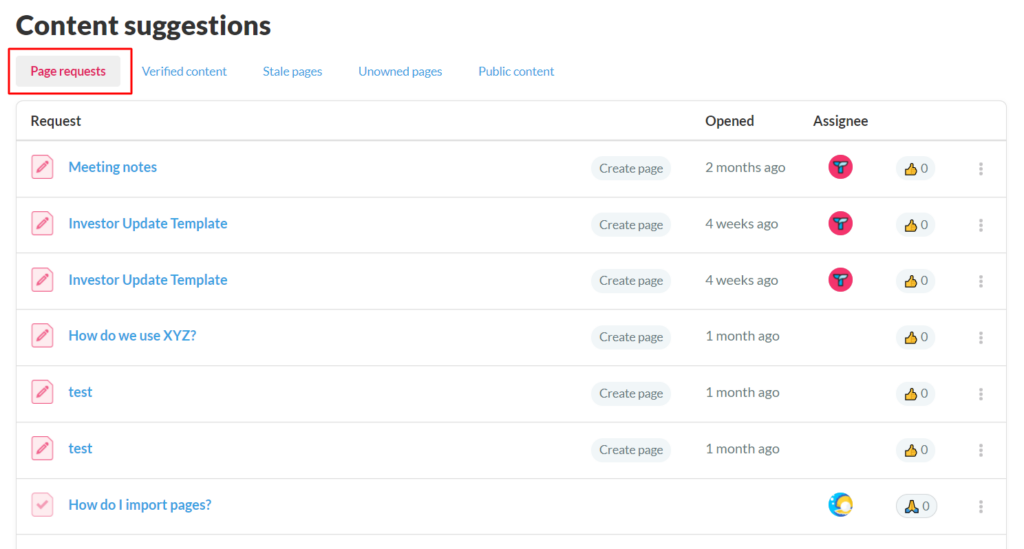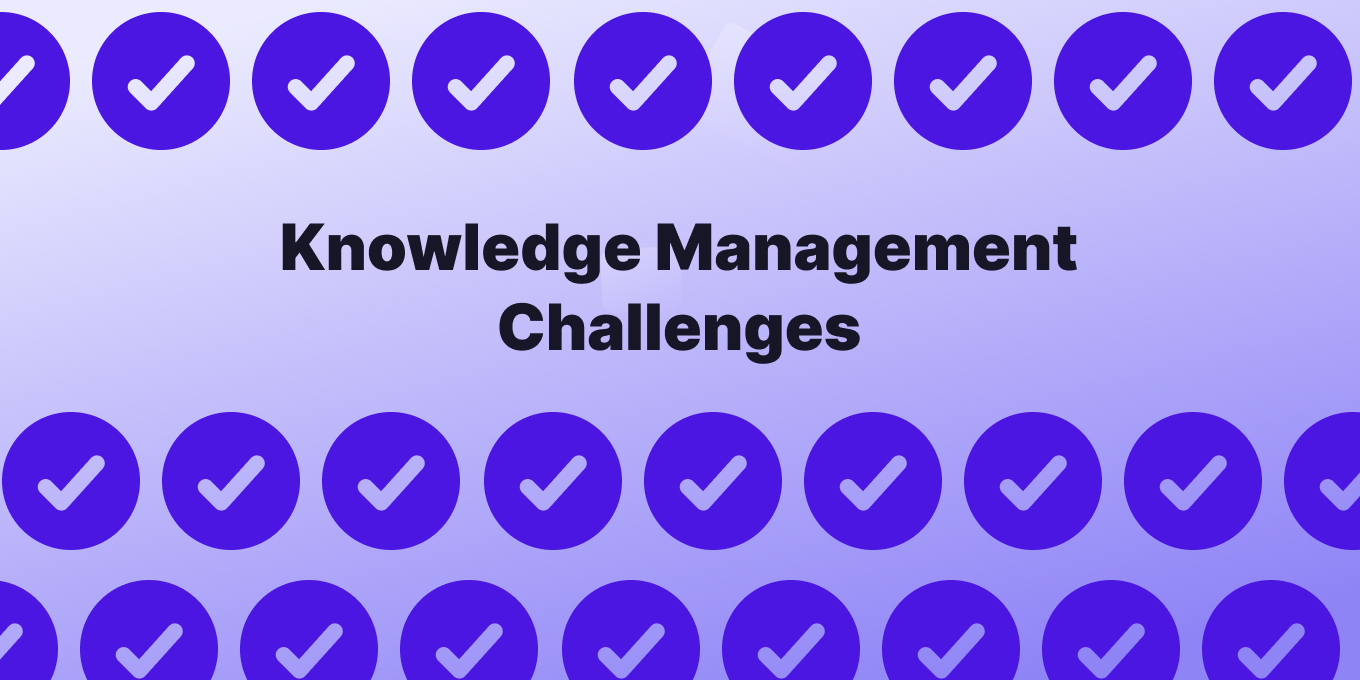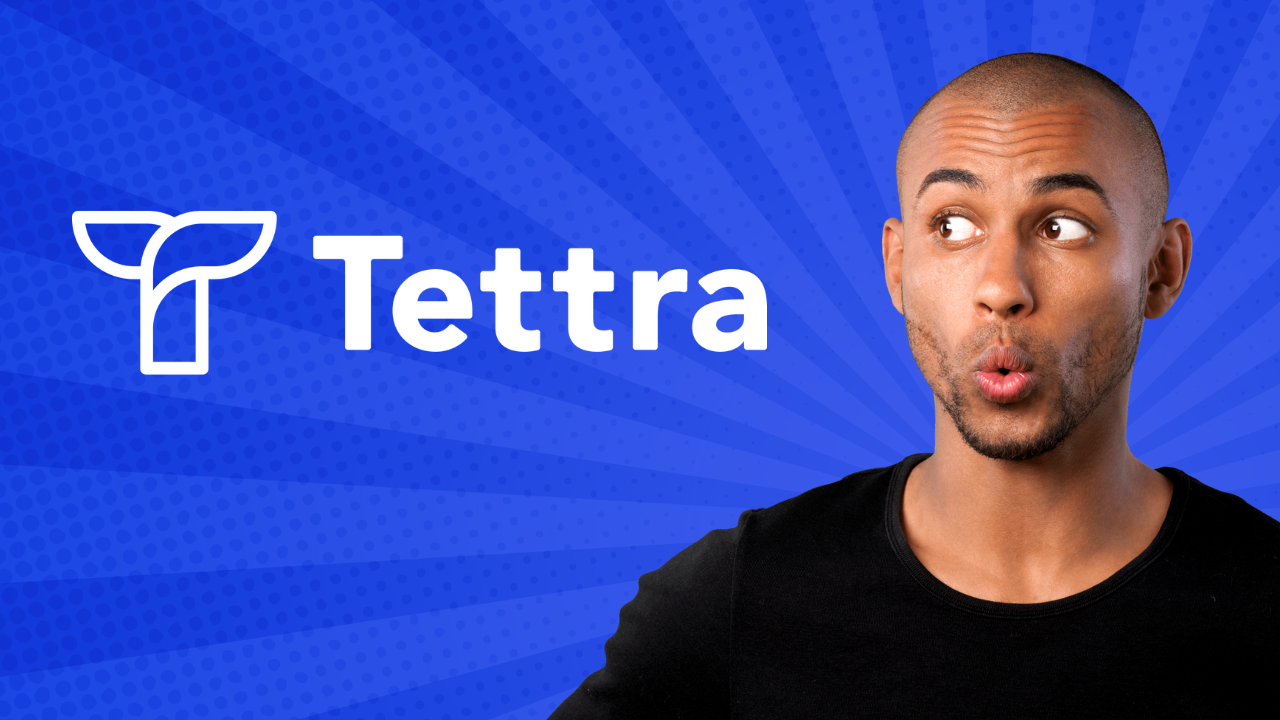Knowledge management, while immensely beneficial, is not without its challenges. Implementing an effective knowledge management system requires careful planning, adaptation, and continuous oversight.
Organizations often face a myriad of challenges in their knowledge management journey. Let’s delve deeper into these challenges and understand the intricacies involved.
- Read more: Does your company need a knowledge base?
Challenge #1: Organizational Resistance to Sharing
Perhaps the most significant challenge in knowledge management is the resistance to sharing. In many organizations, knowledge is power.
Employees, especially those who possess specialized knowledge, might be reluctant to share for fear of losing their unique value. Overcoming this mindset requires fostering a culture that values collaboration over individualism and rewards knowledge sharing.
Solution: Improved Knowledge Sharing Culture
Foster an environment that encourages knowledge sharing by recognizing and rewarding those who contribute actively to the knowledge base.
Regular training sessions and workshops on the importance of collective intelligence, coupled with incentives or recognition programs, can encourage more employees to participate willingly in the process.
Solution with Tettra: Tettra’s user-friendly interface encourages even the most tech-averse individuals to contribute.
Its collaborative features allow teams to co-create content, providing a sense of ownership and collective effort. The platform also supports feedback and commenting, creating an active exchange of ideas and a culture of sharing.
Challenge #2: Overwhelming Information Overload
As businesses scale, so does the amount of data and information they generate. Sifting through this vast pool to determine what’s valuable and what’s not can be daunting.
There’s a real risk of information overload, where critical insights get buried under a mountain of data, making it challenging for employees to find the knowledge they need promptly.
Solution: Implement Intelligent Search
Implement intelligent search and filtering systems that allow users to find the most relevant information quickly. Regularly review, update, and prune the knowledge base to keep it streamlined. Use tagging and categorization techniques to organize information effectively.
Solution with Tettra: Tettra’s advanced search-and-answer AI capabilities, categorization, and tagging system means that users can find relevant information swiftly. Its clear structuring eliminates redundancies and keeps the knowledge base organized, helping users navigate information without feeling overwhelmed.
Challenge #3: Difficulty in Capturing Knowledge
While explicit knowledge is relatively straightforward to document, tacit knowledge – the insights, experiences, and intuitions that employees gain over time – is much trickier to capture.
This type of knowledge is deeply personal and often context-specific, making it challenging to codify and share.
Solution: Capture Tacit Knowledge
Organize regular knowledge-sharing sessions, such as team interviews, where employees can share their experiences and insights. Use storytelling techniques, video recordings, or interactive workshops to capture and relay tacit knowledge in a more digestible format.
Templates can also give your team a headstart and provide specific ways to document your team’s knowledge.
Solution with Tettra: The platform’s easy-to-use editor and integration with tools like Slack make it effortless to quickly jot down insights, experiences, or explanations. Regularly sourced Q&As can be converted into Tettra pages, capturing on-the-fly tacit knowledge with ease.
Challenge #4: Rapidly Evolving Information
Information becomes outdated quickly. What’s relevant and accurate today might be obsolete tomorrow. Keeping the knowledge base updated requires constant vigilance and can be resource-intensive.
Solution: Ensure your information is relevant
Designate “knowledge stewards” for different sections of your knowledge base. These individuals will be responsible for periodically reviewing, updating, and validating the content. Employ automated reminders or tools to highlight information that might be outdated or in need of a review.
Solution with Tettra: Tettra offers features like content owners and stale content reminders, ensuring that pages are regularly checked for accuracy and relevance. You can assign owners to specific pages or categories, ensuring that someone is always accountable for the content’s validity.

Challenge #5: Integrating Diverse Knowledge Sources
Modern organizations use a plethora of tools and platforms, each generating its own set of data and insights. Integrating these diverse sources into a cohesive knowledge management system can be technologically challenging and may require specialized skills.
Solution: Streamlining Diverse Knowledge Sources
Invest in integration platforms or knowledge management systems that can seamlessly connect with various tools and platforms your organization uses. Ensure that there’s a standardized format for knowledge entry to make the integration smoother and more effective.
Solution with Tettra: Tettra integrates with tools like Slack, Google Drive, and GitHub. This ensures that knowledge from different sources can be centralized and made accessible from within the Tettra platform, offering a unified knowledge repository.
Challenge #6: Ensuring Security and Compliance
With the increasing emphasis on data privacy and the surge in cyber threats, ensuring the security of a knowledge management system is paramount.
Organizations need to strike a balance between making information accessible while safeguarding sensitive data and complying with relevant regulations.
Solution: Bolster Security and Compliance
Use the right access controls, encryption, and regular audits to ensure the security of your knowledge base. Continuously educate employees about best practices in data security. Stay updated with compliance requirements and ensure that your knowledge management tools and practices align with them.
Solution with Tettra: With robust access controls and permission settings, Tettra ensures that sensitive information is accessible only to the right people. The platform is also designed with best-in-class security protocols, giving peace of mind regarding data protection.
Read more about Tettra security.
Challenge #7: Inadequate User Training and Adoption
Merely implementing a knowledge management system isn’t enough. Users need to be trained adequately to use the system effectively. However, training can be overlooked, or users might resist adopting new tools, especially if they don’t see an immediate benefit or find the system cumbersome.
Solution: Promote User Training and Adoption
Offer comprehensive training sessions for all users and make resources available for any follow-up questions or clarifications. Utilize user-friendly platforms with intuitive interfaces. Encourage feedback from employees to continually refine the system based on their needs and preferences.
Solution with Tettra
Tettra’s intuitive design requires minimal training. However, the platform also offers onboarding guides and tutorials, ensuring users can quickly familiarize themselves with its features. Its integration with daily tools like Slack means users can interact with Tettra without changing their workflows drastically.
Challenge #8: Lack of Clear Ownership and Responsibility
Who is responsible for updating the knowledge base? Who ensures that the content remains relevant and accurate? Without clear ownership, a knowledge management system can quickly become cluttered, outdated, and less trustworthy.
Solution: Define Clear Ownership
Assign clear roles and responsibilities related to the management and upkeep of the knowledge system. Establish a hierarchical or team-based structure where every piece of knowledge has an owner or a responsible team. Regularly review and rotate these roles to ensure fresh perspectives and avoid stagnation.
Solution with Tettra
Tettra allows organizations to designate page and category owners. This ensures that every piece of information has a steward, promoting accountability. Regular notifications remind these owners to update or review content, ensuring the knowledge base remains fresh and relevant.
While knowledge management offers a host of advantages, its effective implementation requires navigating a maze of challenges. Success in knowledge management doesn’t lie merely in deploying the right tools but in addressing these challenges head-on.
By fostering a culture of sharing, continuously updating the knowledge base, ensuring security, and training users effectively, organizations can build a robust and impactful knowledge management system.


